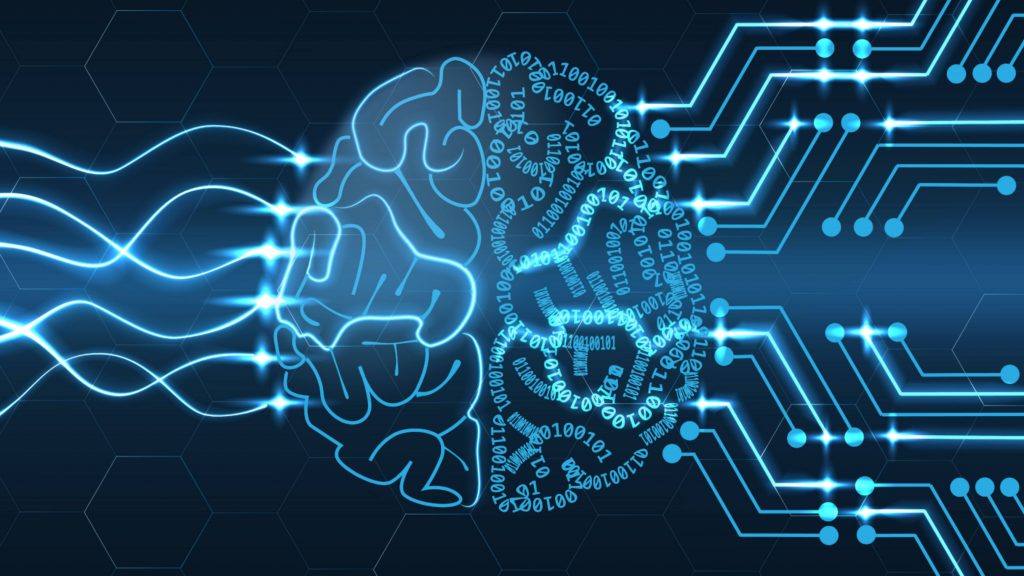Technical expert warns of the phenomenon of 'Artificial Intelligence Psychosis' due to excessive use of robots

Mustafa Suleiman, the Director of Artificial Intelligence at Microsoft, sounded the alarm about a new psychological phenomenon he called 'Artificial Intelligence Psychosis', which results from excessive interaction with chatbots, potentially causing users to lose their connection to reality.
Suleiman wrote in a series of posts on the 'X' platform: 'Reports of delusions associated with the use of artificial intelligence are on the rise', emphasizing that this issue 'is not limited to individuals with a history of mental illness'.
He explained that this phenomenon, although the medical community has not officially recognized the term 'Artificial Intelligence Psychosis', is used to describe cases where users develop false beliefs due to their strong attachment to programs like 'ChatGPT' or 'Coryc', where some are convinced that these systems 'have feelings and intentions, while others believe they have discovered hidden features or gained extraordinary abilities'.
Suleiman suggested that the cause of this delusion lies in what he described as the 'apparent consciousness' that artificial intelligence systems possess, which results from 'the systems simulating indicators of consciousness', leading users to believe that they think like them. He confirmed that 'there is no evidence of artificial intelligence consciousness so far, but most people believe otherwise'.
Suleiman's warnings came in the wake of reports about unusual experiences of prominent figures with these technologies. The former CEO of Uber claimed that his conversation with chatbots led him to 'a breakthrough in chemical physics'. In another incident, a Scottish man told the BBC that he 'is about to receive millions in compensation' after being convinced by 'ChatGPT' to support him in his wrongful dismissal case.
The effects have also extended to the realm of romantic relationships, where some users have formed attachments to artificial intelligence systems. Concerns escalated after the tragic incident of a 76-year-old man in the United States, who 'died after falling while traveling to meet 'Big Sister Billy'', unaware that she was just a chatbot belonging to Meta.
For her part, Dr. Susan Schilmerdin likened the excessive use of chatbots to 'fast and ultra-processed foods', warning that it 'could lead to a collapse and flattening of cognitive abilities'.